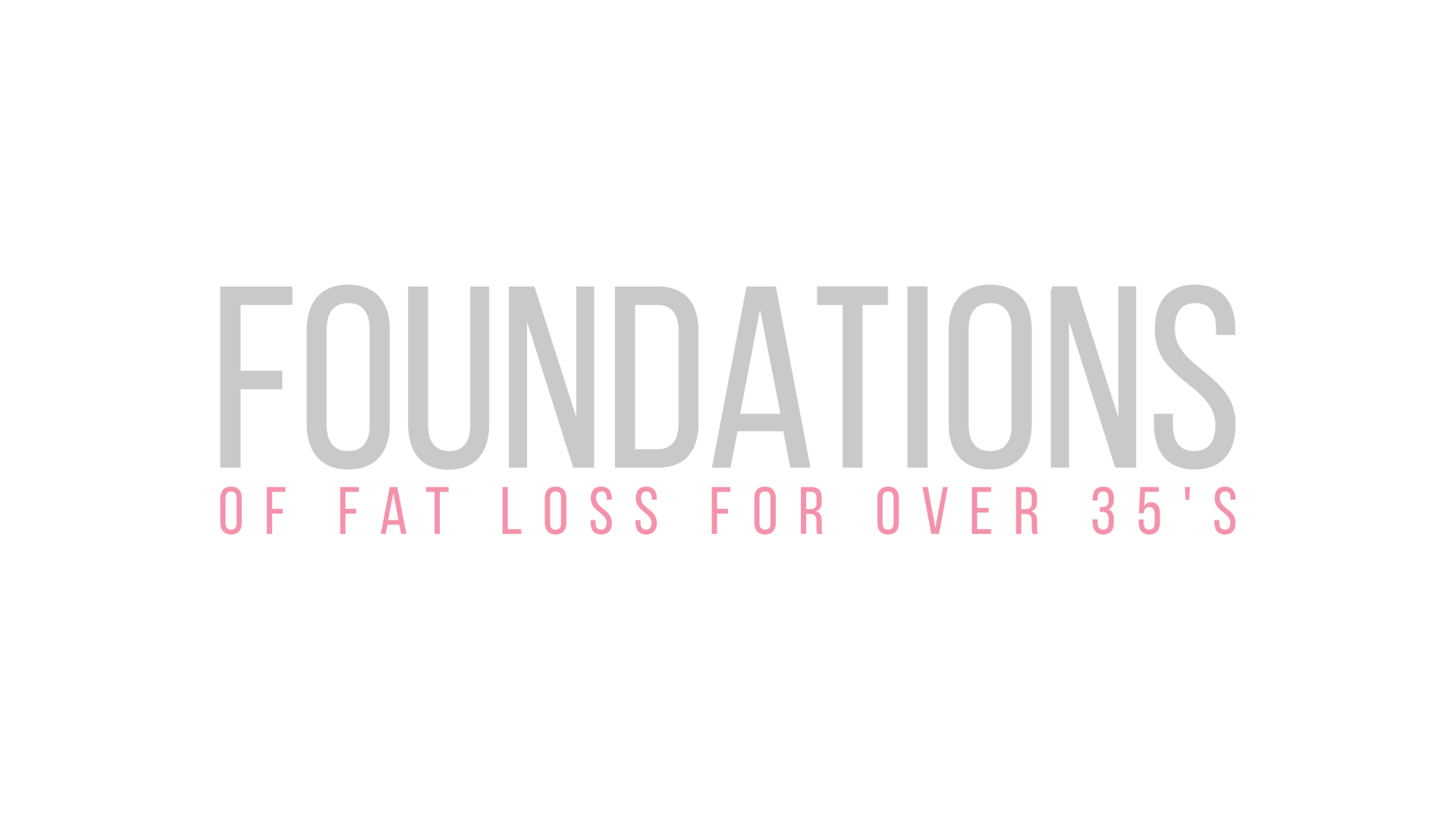
The Power of Vitamin D: Enhancing Weight Loss and Boosting Metabolism
Jul 07, 2023In weight loss so much of the focus is put on diet and exercise, but it's important to recognise the crucial role of hormonal balance and optimal level of vitamins and nutrients. Vitamin D plays a vital role in various bodily functions, including fat metabolism and weight management.
We're told that New Zealanders have good levels of Vitamin D but I find when my clients get tested that they are often on the low side. Up to 80% of our Vitamin D comes as a result of sunlight exposure on your skin and while New Zealanders should have good levels, health messages to limit time in the sun and encouragement to use ultraviolet (UV) sunscreens reduce the skin’s ability to produce vitamin D.
In addition, we didn't exactly have a great Summer in the North Island this year!
I am concerned that many people could be on the low side of Vitamin D so let's look at why it's important in weight management and what you can do to increase it.
Vitamin D and weight loss
Studies have shown that Vitamin D supports weight loss in several ways:
- Enhanced Fat Burning: Vitamin D assists in the conversion of fat cells into energy. Studies have shown that people with higher vitamin D levels tend to have a higher resting metabolic rate, leading to a higher rate of calorie expenditure.
- Reduced Fat Storage: Low vitamin D levels may promote fat storage, particularly in your mid section.
- Appetite Control: Vitamin D increases levels of serotonin. Serotonin impacts mood and sleep, which in turn play a big part in regulating appetite. Chances are, when your Vitamin D is high, your appetite will decrease.
- Improved Insulin Sensitivity: Vitamin D plays a role in improving insulin sensitivity, which can positively impact blood sugar control. This is particularly important once you hit your 40's and 50's, when hormonal changes decrease insulin sensitivity (and you start gaining weight even though your food intake hasn't changed)
- Mood and Energy: Low vitamin D levels have been associated with fatigue and mood disorders, such as depression. By ensuring adequate vitamin D intake, you can potentially boost energy levels and maintain a positive mindset, making weight loss efforts more manageable.
How much Vitamin D do you need each day?
If you are aged below 50, the recommended intake of Vitamin D is 5ug (200 IU). Between 51-70 it increases to 10ug (400IU). From 70+ it is 15ug (600IU).
A level of 600IU can be obtained from 5-20 minutes of sun exposure, but that is often not possible, especially in winter.
Here are Vitamin D ug levels found in foods:
- 1 Tablespoon of cod liver oil = 34ug
- 100g salmon = 15ug
- 100g cooked mackerel = 11ug
- 250ml fortified milk = 3ug
- 100g cooked beef = 1.5ug
- 1 egg yolk = 1ug
What you can do to increase your Vitamin D levels
- Sun Exposure: Spending time outdoors in the sunlight is one of the most effective ways to increase vitamin D production in the body. In winter months, aim for 10-30 minutes of direct sunlight exposure on your arms or legs, preferably during midday when the sun is at its peak. In summer, do short bursts of 5-10 minutes and avoid the hours between 10am-2pm when the sun is at its peak.
- Nutrient-Rich Diet: If you follow a low carb diet you will be at an advantage because you are already eating an optimal level of animal products. Vitamin D is a fat-soluble vitamin and the highest levels are found in high-fat animal products. Vitamin D-rich foods include fatty fish (salmon, mackerel, and sardines), beef, fortified dairy products, eggs, and mushrooms.
- Supplementation: If sunlight exposure and dietary sources are insufficient, consider taking vitamin D supplements after consulting with a healthcare professional. They can recommend an appropriate dosage based on your specific needs.
- Regular Physical Activity: Engaging in regular exercise has been associated with increased vitamin D levels. Combine weight-bearing exercises like walking, jogging, or strength training with outdoor workouts to maximise vitamin D absorption.
- Get Tested: Talk to your doctor about assessing your current vitamin D levels. This will help determine if you need to increase your intake through supplementation or dietary changes. Regular testing can also track your progress over time. You can also get your Vitamin D levels tested independently by booking through the Labtests website. Click HERE for more information. I get my Vitamin D tested annually.
There's no doubt that optimising Vitamin D will benefit your weight loss journey. If you feel that your metabolism just isn't functioning as well as it could, get tested and see where your Vitamin D levels are at. You can make a significant improvement to your metabolism simply by taking a Vitamin D supplement, spending more time in the sun and increasing your intake of high fat animal products like salmon, beef and eggs.
Sign up for new weight loss tips every week
New recipes, meal ideas and motivation, delivered to your inbox.



